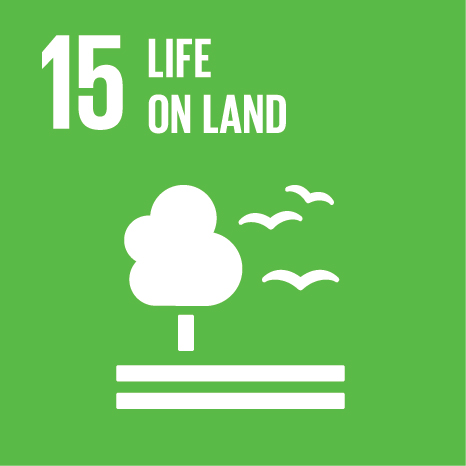Ciência_Iscte
Publications
Publication Detailed Description
Waste separation—who cares? Organizational climate and supervisor support’s role in promoting pro-environmental behaviors in the workplace
Journal Title
Frontiers in Psychology
Year (definitive publication)
2022
Language
English
Country
Switzerland
More Information
Web of Science®
Scopus
Google Scholar
This publication is not indexed in Overton
Abstract
Corporate environmental sustainability is currently a major goal of many businesses. This study’s main objectives were to examine the interactive role of green organizational climate and supervisor support in predicting pro-environmental behaviors (PEBs) at work, namely paper and plastic waste separation, and to test the mediating role of individual-level variables of the Theory of Planned Behavior (TPB) in this relationship. The research specifically tested the attitude, subjective norms, and perceived behavioral control’s mediation of the relationship between green organizational climate and self-reported waste separation, and whether supervisor support moderates the relationship between green climate and TBP variables. Data for this cross-sectional study were collected with an online survey of 311 workers and multiple regression analyses, with the macro Process, were performed to test the hypotheses. The findings confirm the TPB variables’ mediating effect. Perceived green climate is positively related to employees’ attitudes, subjective norms, and perceived behavioral control regarding waste separation, which in turn are connected to higher reported levels of paper and plastic separation. The workers’ perception of supervisor support moderates the relationship between green climate and subjective norms in favor of paper separation. These findings indicate that green climate is less strongly linked to subjective norms when supervisor support is perceived as stronger than when it is seen as weaker. In conclusion, a green organizational climate plays a determining role in workers’ separation of waste at work as it fosters individual motives to perform these behaviors. Moreover, supervisors can provide their workers with social norms and inspire them to support environmental sustainability practices. Thus, as part of an overall transition strategy to achieve sustainability, organizations need to invest in green policies and practices and incentivize supervisors to encourage PEBs and capitalize on their close links to subordinates to foster sustainable norms.
Acknowledgements
--
Keywords
Pro-environmental behavior,Waste separation,Recycling,Theory of planned behavior,Organizational climate,Supervisor support
Fields of Science and Technology Classification
- Psychology - Social Sciences
Funding Records
| Funding Reference | Funding Entity |
|---|---|
| UIDB/00315/2020 | Fundação para a Ciência e a Tecnologia |
| UID/03125/2020 | Fundação para a Ciência e a Tecnologia |
Contributions to the Sustainable Development Goals of the United Nations
With the objective to increase the research activity directed towards the achievement of the United Nations 2030 Sustainable Development Goals, the possibility of associating scientific publications with the Sustainable Development Goals is now available in Ciência_Iscte. These are the Sustainable Development Goals identified by the author(s) for this publication. For more detailed information on the Sustainable Development Goals, click here.

 Português
Português



